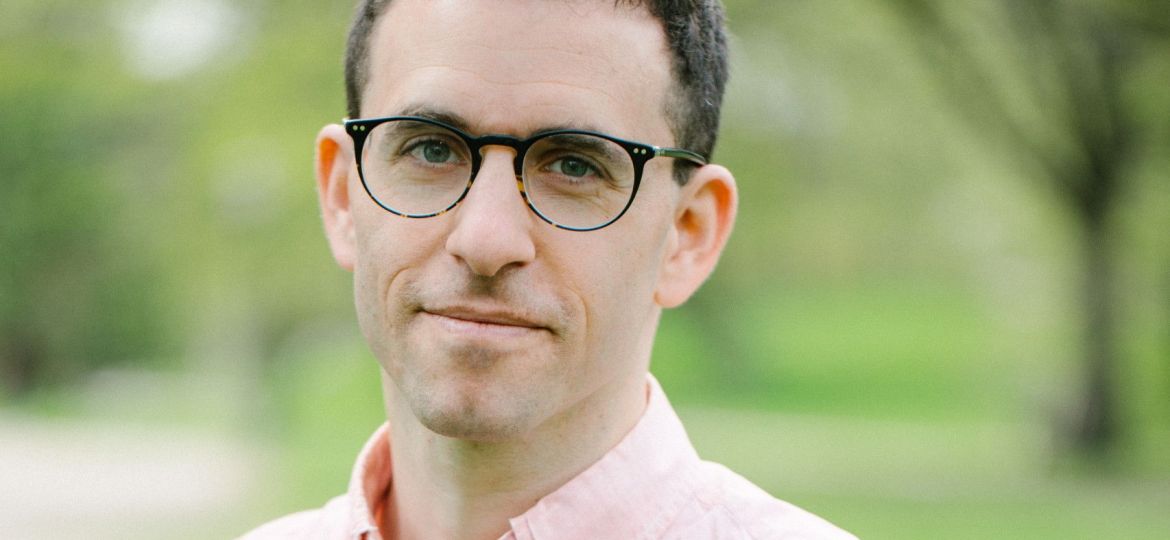
Photo Courtesy of Louis Epstein
Associate Professor of Music Louis Epstein is working on a research project with the aim of improving students’ overall sense of belonging on the college campus with a grant from the Mellon Foundation.
During the fall semester, Epstein worked with SOAN 371 students on developing surveys to understand what it means for students to feel a sense of belonging.
Before beginning the research project, Epstein talked about prior research that detailed six experiences whichcollege students benefited from.
“Students are more successful in college when they have a professor who made them excited to learn, a professor who cared about them as individuals, a mentor who pushed them to reach their goals; if they had a chance to work on a long-term project, if they completed a job or internship relating to classroom lessons, or if they were engaged in extracurricular activities,” Epstein said about research of a similar nature that took place about 10 years ago.
During the fall, the survey that Epstein worked on with SOAN students was sent out, asking, “What experiences strengthen your sense of academic belonging?”
“The study was being done to help inform the exact teaching practices that I am asking faculty to try out,” Epstein continued.
He also talked about the importance of academic belonging in a college setting.
“A huge part of what students do at college is take classes and work with faculty. If you feel like you belong in your extracurriculars, but you do not feel like you belong in the classroom, that’s a problem,” Epstein said.
The survey results suggested that students want to be seen as complex people by their professors.
“Students want faculty to see them as whole people who have extensive lives and interests outside the classroom,” Epstein said.
He explained that students want professors to understand when they have jobs, family obligations, mental health concerns, and other complex experiences.
“Those things are relevant to class. They are affecting the way students learn and feel in the classroom,” Epstein said.
The next step is implementing actions that faculty can take to help without crossing boundaries.
According to Epstein, it’s important to “help teachers get to know their students.” The goal of Epstein’s research is to try to implement techniques for teachers to get to know their students better.
“By and large, faculty at St. Olaf deeply care about students,” Epstein said. “We’re trying to figure out how to show that care.”
Trial and error is necessary in figuring out ways to help strengthen students’ sense of belonging.
“There will be more targeted teaching techniques that help students feel a stronger sense of academic belonging,” Epstein said. “I look forward to telling my colleagues, ‘we tried this thing and it didn’t work.’”
Epstein also discussed results of his study that helped him learn about students’ varying desires for belonging.
“Not everyone wants to belong,” he said. “To suggest that everybody has to be an insider doesn’t make sense.”
Furthermore, Epstein discussed the nature of student belonging as a two-way street.
“If you want a stronger connection with faculty, you have to go make it happen. I can invite you to feel like you belong,” Epstein said. “You also have a role to play.”
Epstein’s research will continue by trial and error with faculty-implemented methods to try to better facilitate students’ sense of belonging, especially in terms of their relationships with faculty.

